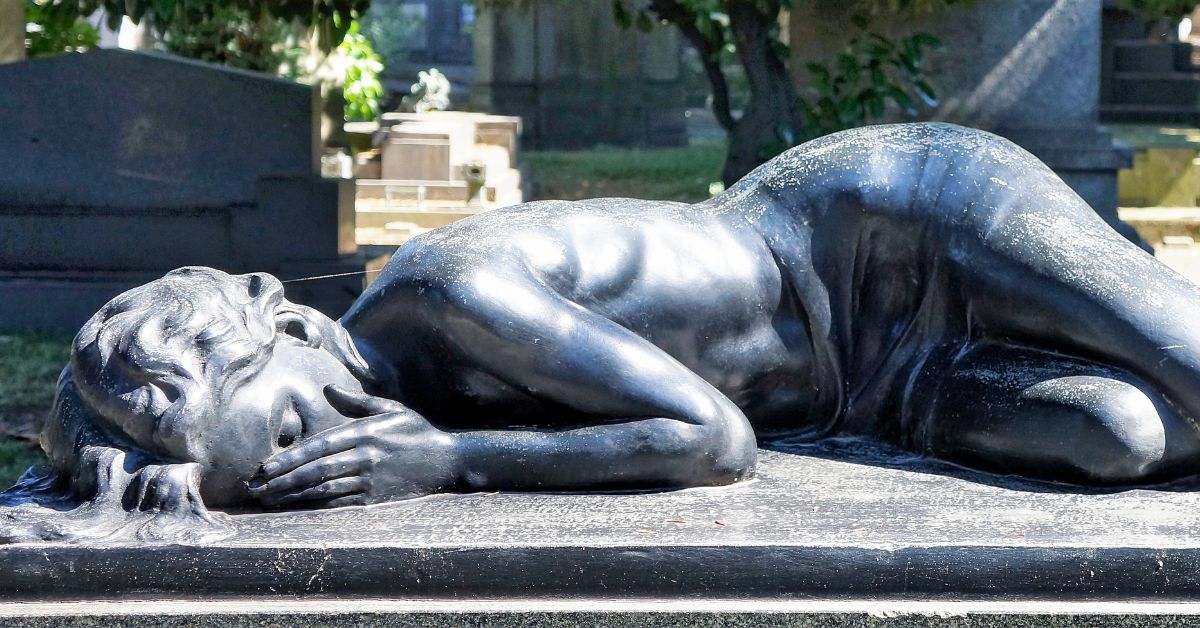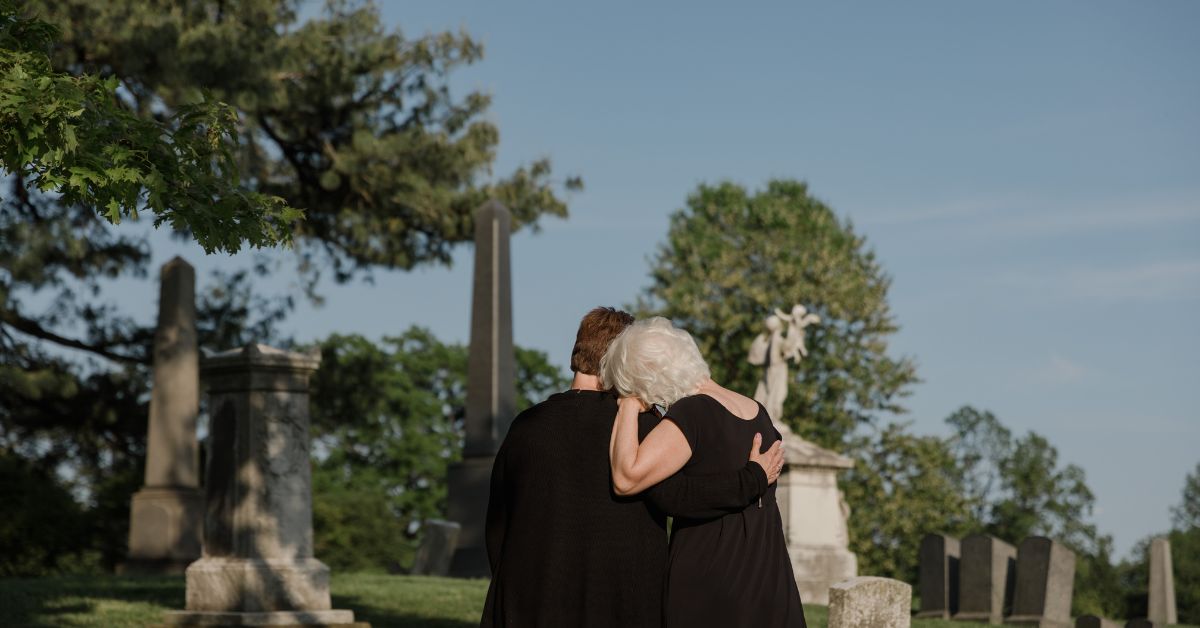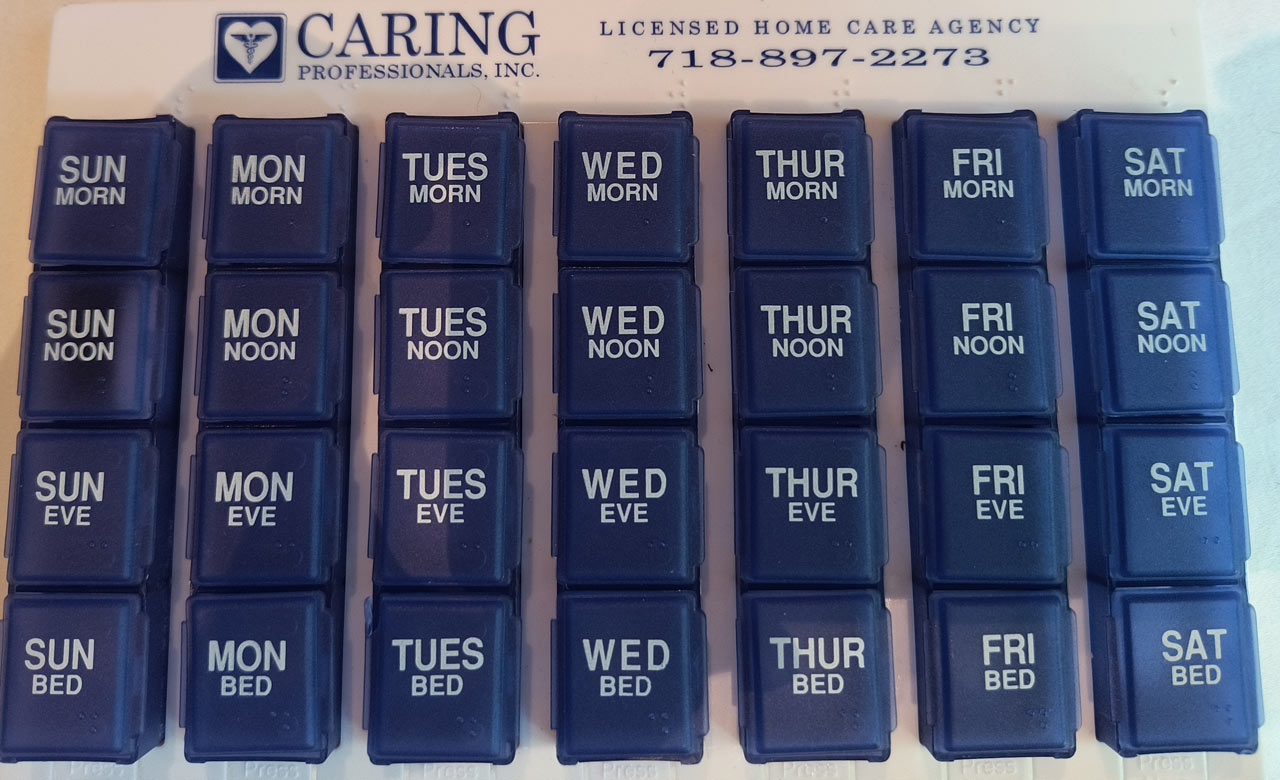Ambiguous loss is just that, ambiguous. It is not final. It is not clear. On some levels, someone is gone but it is not for sure or necessarily complete. Examples of ambiguous loss can be a soldier who is missing in action, a person with dementia, a person with mental illness, or a person with a long term degenerative illness such as Parkinson’s.
The ambiguity makes the mourning more complex. There is lack of clarity, lack of closure in today’s parlance. Family members and friends have to function with the duality that the person may be alive but not in the way that she or he existed previously.

Psychologist Dr. Pauline Boss, a professor at the department of family social science at the University of Minnesota first coined the term “ambiguous loss” in the 1970s. Then it was used to describe just those aforementioned situations when grief could not be resolved. That grief is different than grieving a clear loss. This phrase has been further expanded from personal unresolved losses such as people with Alzheimer’s or Parkinson’s who are alive but not present. Currently ambiguous loss is also used to characterize communal and global events and losses such as the pandemic.
She recently published a book called The Myth of Closure: Ambiguous Loss in a Time of Pandemic and Change. In it she clarifies what human beings want. It is not closure after a loss. What they want is certainty of what that loss was. Did the person die? Where are the remains?
When that is not clear, the ambiguity is very, very stressful on top of a loss. In other words, it exaggerates the pain of the loss. It freezes the grief and it freezes the family processes—the couple and family processes that could continue. No decision making happens. People wait. And of course, sometimes they wait for decades, which is not healthy in families and couples. The family unit has to go on, however. She recommends going on while at the same time being cognizant of the fact that the person may be found.
Grief remains, however. It ebbs and flows. Even if you accept the finality of someone dying (unambiguous loss) or someone having severe Alzheimer’s (ambiguous loss), you don’t have closure. Your sadness and mourning come and go even though you carry on.

Closure is not a good word for relationships, says Dr. Boss. It’s not like closing a contract or closing a road. It does not have that kind of finality. Feelings continue afterwards. We live with loss. Even the famous death expert Dr. Elisabeth Kubler-Ross agreed that her five stages of responses to dying are fluid and that they do not end. It is not a discrete process, either. Grief and moving on coexist. It is not one or the other. Loss continues.
Dr. Boss sees the interest in closure as being culturally specific at this time. Everyone is seeking closure today. Closure doesn’t happen in regular loss nor in ambiguous loss, however. And she points out that there is a lot of ambiguous loss in the aftermath of the pandemic. The world changed. Personal situations changed. Many live with health complications that were not previously present. People still may mourn what was lost. These pandemic or climate change related losses are ambiguous losses but on a broader level.
It is normal to still mourn that. It is not pathological. Let’s not pathologize a normal reaction to ambiguous loss, she says. It’s normal to have sad feelings about things that are gone without finality. We don’t know what will be but grieving them is normative, not pathological. There is no such thing as complete closure after a loss, ambiguous or not.
Some other articles on similar subjects:






